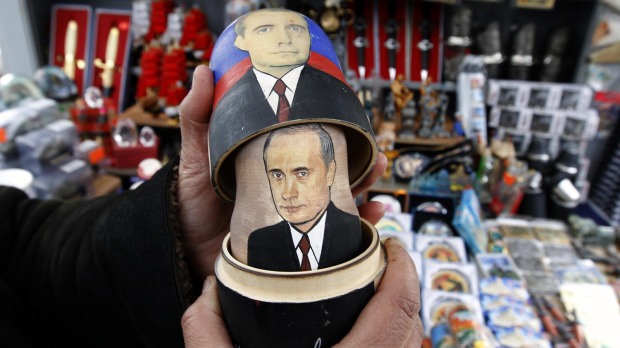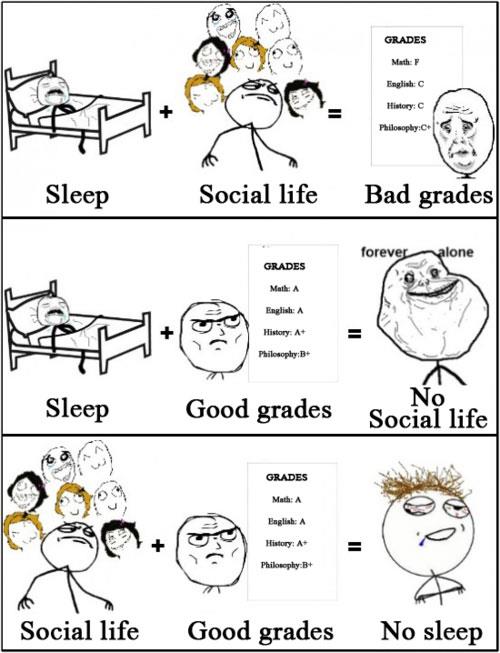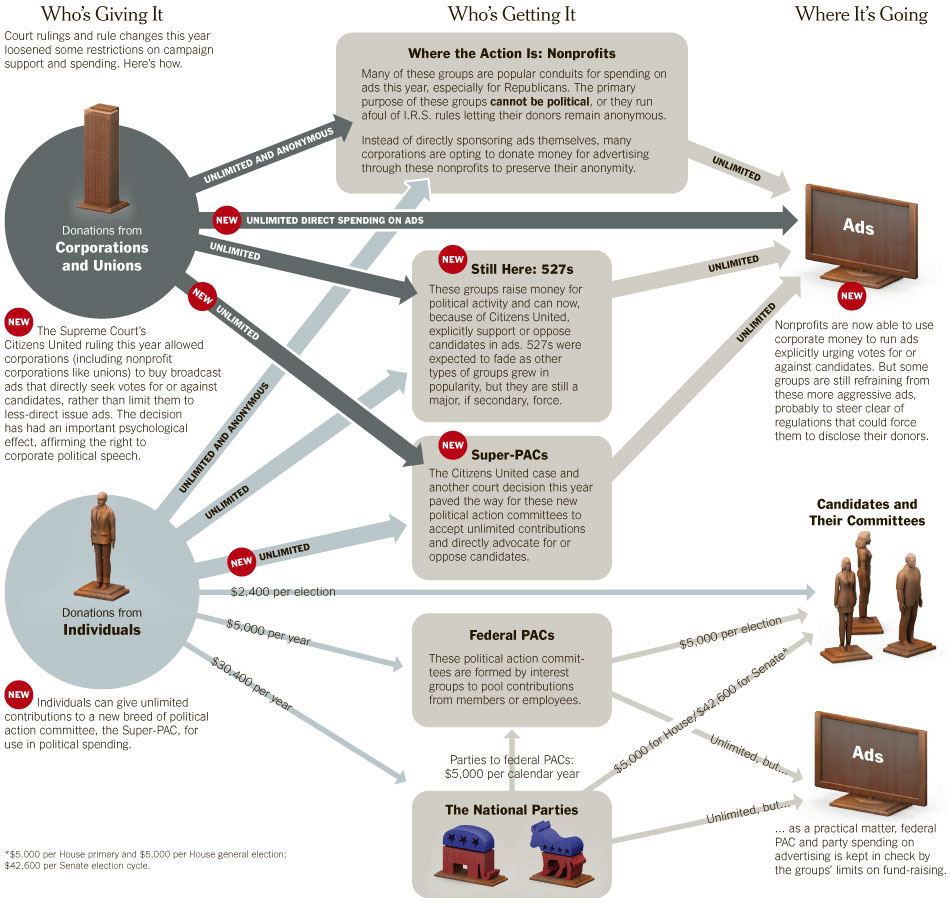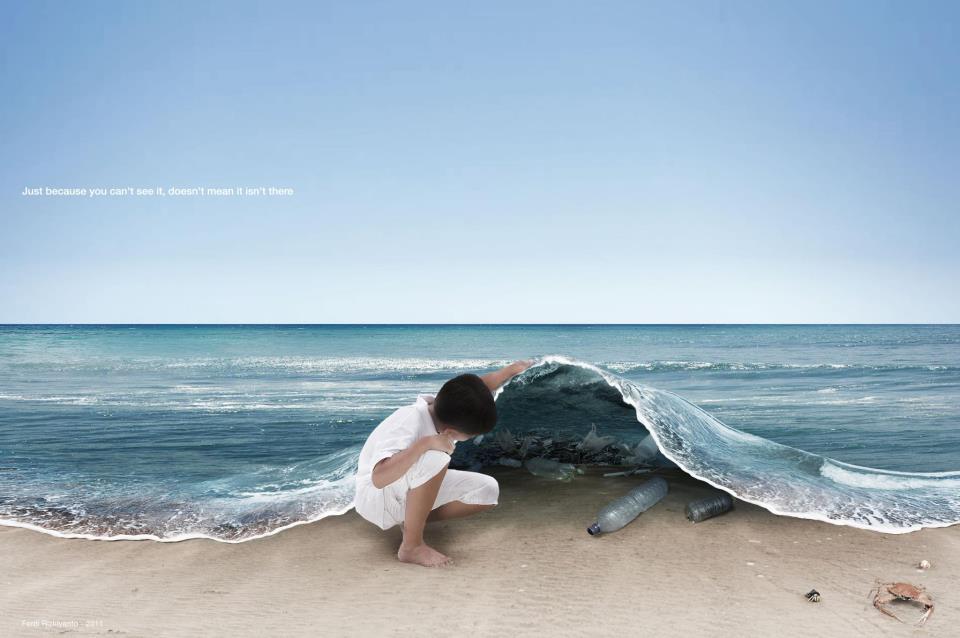Here is my article I wrote for the Ubyssey for UBC Pride/Outweek:
Upon first glance, it is difficult to see what would foster opposition to the It Gets Better campaign. The internet-based outreach program, created by Dan Savage, aims to prevent suicide among lesbian, gay, bisexual, transsexual and queer (LGBTQ) youth by conveying the message that the difficult circumstances they may be experiencing will one day improve.
But there are many who wonder whether merely telling LGBTQ teens that “it gets better” will be enough to help them through their current struggles. Instead, should we be asking what can be done to lessen these struggles and consequently make it better now?
This year, UBC Outweek intends to bring this idea to the forefront, reminding individuals to be conscious and accountable in answering the call to make things better.
“I respect the effort,” explained Janice Stewart of the women’s and gender studies department. “I think the message of hope is often very significant. Does it make a significant difference?” That, she said, is “hard to tell at this point.”
Anne-Marie Long, creator of the Positive Space campaign at UBC, agrees that although the It Gets Better campaign “may have been noble in its intent…to reach out to youth who are struggling with bullying, identity development issues and suicidal thoughts, it is not good enough.”
Katherine Fobear, a Liu Institute scholar in women’s and gender studies, argued that “there remains a lack of discourse on other factors that cause violence and discrimination to happen to LGBTQ youth.”
The truth of the matter is that for many LGBTQ individuals who experience daily struggles, knowing that things may one day be better is simply not sufficient. For this reason, the UBC Outweek team has been somewhat disillusioned with the It Gets Better campaign. For one, it has no active agenda.
“[It] promotes complacency within LGBTQ youth in exchange for the prospect of a better future,” said Outweek’s coordinator Adrian Diaz. “Another name for the It Gets Better campaign could have been the ‘Deal With It’ campaign.”
Diaz said that the Outweek team “kept discussing this issue and asked ourselves, ‘What can we do?’”
They eventually settled on Make It Better, which focuses on addressing issues at hand and working actively to overcome them.
“There is a sense at UBC that it is a fairly safe place and I think that is overall pretty accurate,” said PhD student Hélène Frohard-Dourlent, whose doctoral work focuses on anti-homophobia practices in BC secondary schools. However, she said that there are many LGBTQ issues that still need to be addressed.
“Gender issues are still a big problem on this campus,” said Frohard-Dourlent, alluding specifically to issues for transgender students, such as the lack of gender-neutral washrooms on campus. “[We] like to think of ourselves as open-minded and liberal, yet we often lose sight of things that we do that actually reinforce sexual and gender stereotypes.”
Alongside Outweek’s efforts, there are other ways that UBC students can take part in addressing the problems that LGBTQ students face.
The Positive Space campaign is intended to help make UBC more receptive to LGBTQ individuals. Long, the creator of Positive Space, emphasizes the importance of “speaking up when you see injustice. Doing the self-work to address one’s own privilege to help better enable one to see these barriers is also key.”
“Making sexuality and gender education a part of the teacher-training program also goes a long way,” said Stewart.
Most importantly of all, Forbear said, “The message needs to be brought out that violence against sexual and gender minorities is a huge problem that implicates everyone, not just LGBTQ-identifying individuals.”



